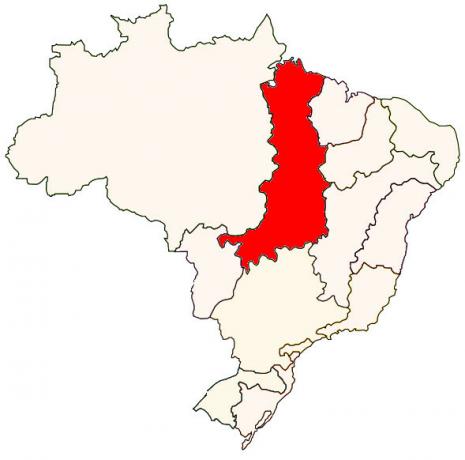With the constant and progressive presence of the digital world in our society, it is very common to make information, whether confidential or not, available to databases. While this is often beneficial, this automated world has a serious problem: data leakage. In this sense, we bring you a form of protection that informs you of the situation of your data. So check it out.
Know the tool and learn how to use it
see more
Is it better to eat boiled eggs for lunch or dinner? Find out here
With me-no-one-can: Meet the plant capable of warding off evil eyes
In order to inform you about the security of your data, the website “Have I Been Pwned?” fulfills its proposal with mastery. Being quite accessible (free of charge), the site has a data structure of other sites containing e-mail and telephone number. Thus, it manages to obtain information about some kind of leak that occurred on a certain platform where its data was exposed.
To use the services of the platform – as already mentioned – you will not need to pay anything. Just search your browser for “Have I Been Pwned” or simply click on this
link. Once you have entered the site, you will fill in the indicated field with your email or telephone number.Finally, the tool will look for any signs of a leak and let you know if your data is safe or not. If they have been compromised, the site will tell you when and which platform fell victim to cyberattacks that corrupted their data. If not, it will display a positive message saying that your data is 100% safe.
I've been a victim of a data leak, now what?
The first thing you should do when you have your data exposed is urgently change all your passwords. After that, check the recent actions of your bank accounts, social networks and etc, with this you can neutralize any scam attempts.
In order to stay safe as much as possible, you should create strong passwords, ie, having special characters (@, %, !), numbers and letters. In addition, the use of authentication applications is imperative to prevent third parties from easily accessing your accounts. Finally, always remember to write down your passwords and store them in a place that only you know, in addition to never leaving them digitally recorded.



